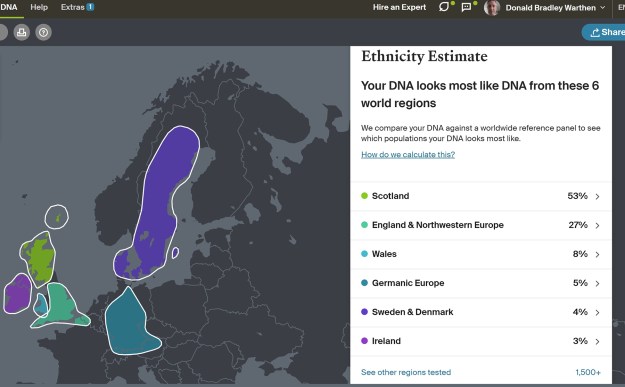
Too awesome to watch?
Some things that aren’t actually in the news right now, or at least not on the front page, although some are admittedly related:
- ‘Ted Lasso’ and ‘Fleabag’ and all the shows that are too awesome to watch (so I won’t) — Since this was in America, the Jesuit magazine, I thought maybe it would have a moral. Like, I don’t know, why I should watch these shows, or why I shouldn’t watch these shows. But it didn’t. It was just kind of a fun read about an aspect of what it’s like living in the Golden Age of Television. And I identified with part of it, which was the idea that this Jesuit brother can’t let himself watch these shows because they’re too good. He ends up caring about the characters to the point he can’t stand to watch bad things happen to them. I can identify with that.
- Charles Whitman had a tumor; is that what did it? — The Buffalo shooting, of course, was about racism, which made sense in that context. The Texas school shooting didn’t appear to be about racism, so it became about how pathetic America can’t bring itself to deal with the 400 million guns out there. Also painfully true. But I saw the Texas guy also shot his grandmother, which made me think of Charles Whitman, who killed his wife and mother before he climbed that tower in 1966. And I thought I remembered the autopsy showed he had a brain tumor. And yes, Wikipedia mentioned that, but also said no one knows whether that made him do what he did. But what if it did, and we knew it? What if that was the explanation for all these mass shootings? Because, you know, racism exists, and too many guns exist, but somehow most of us don’t want to go out and kill a bunch of people. If we found out they did it because of tumors, we could just screen everybody for the tumors, and maybe cure them. Wouldn’t that be great?
- When Preachers Are Predators — OK, this one is sort of about something in the news, even more so than the one before, but it’s not from the news pages; it’s opinion. Anyway, I’m just passing it on because Frank Bruni was onto something right here: “Men of God behave in ungodly ways. That’s not because they’re uniquely or especially evil. It’s because they’re men. Religious institutions countenance — and cover up — sin and even crime. That doesn’t mean they have any monopoly on hypocrisy. It means they’re institutions.” Yep. It’s not that there’s something inherently horrible about being Baptist, as opposed to being something else.
- Don’t know much about history — Yeah, I majored in history — my second major, anyway. And I still enjoy reading about it. But the main thing it keeps teaching me is that I don’t know squat about history. Even the bits I’ve studied to death — say, the Second World War, which ended only eight years before I was born — constantly shock me with the things I don’t know about them, things I should have known. And then if I move away from those bits, I swim in an ocean of things I didn’t know. Recently, I started watching a documentary series on Prime about The First World War. I’m on the fourth episode, and I just had no idea. None at all. For instance, about the extent to which it really was a world war, and not just a bunch of white guys in trenches in France. (I’d seen “The African Queen,” but that was about it.) For instance, you know about the Siege of Tsingtao — you know, where the Japanese went up against the Germans, and beat them? In China? Huge deal. I had never heard of it. I don’t think I’d even heard of Tsingtao (where about 10 million people live), but you know how they’re always changing the names of Chinese places. Anyway… is history like that for you?
- Did you know they wouldn’t let Nicholas Kristof run for governor? — Another thing I didn’t know, and should have. I saw a piece by him today and the explanatory blurb said, “Mr. Kristof is a former Times Opinion columnist. He was a candidate for the Democratic nomination for governor of Oregon this year.” And I thought, “was?” Turns out they disqualified him because of something about residency. Too bad. He’d have been a good governor, I think. Just as he was a very, very good columnist. So it was good to see a piece by him in the NYT.
- Plants grow in lunar soil brought to Earth by Apollo astronauts — OK, this was, like, 12 days ago, and at the time tweeted it out with the message, “How I use my various newspaper apps: I plow doggedly through the tangled forest of shrieking madness and malevolent stupidity, and occasionally I find something interesting — such as this item….” But I include it here, because it sort of fits the theme of this post… It also could have been headlined, “World’s Smallest Farm…”
I’ll stop now. I just thought I should post something, and these are things I’d been thinking about…

Charles Whitman on his front porch, sometime before he climbed the tower.


























